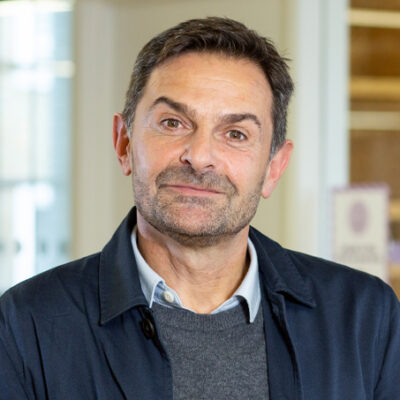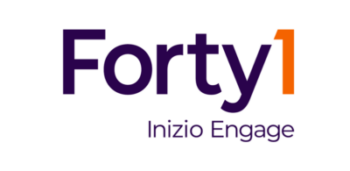Amplify your purpose to create the energy for change
 Jason Frank
Jason Frank Change is all about belief, emotion and energy. There’s nothing quite like the power of real-life stories demonstrating the positive impact of what you do, to help get you out of bed in the morning, and make change really happen.
A quick analysis shows that purpose statements tend to be pretty generic across the healthcare industry – focusing on transforming the lives of patients. In that context, in a recent workshop with a senior healthcare leadership team we found ourselves discussing how to give a purpose statement more genuine day-to-day meaning and relevance for employees.
We agreed that when it comes to differentiating in the battle to inspire and hire the best people, there is a need to constantly demonstrate that your purpose is relevant and authentic through role modelling, recognition and storytelling.
Intrinsic motivation
When used thoughtfully we know that an inspiring purpose can create real intrinsic
motivation for employees, and a powerful sense of belonging. Together these can create tangible energy within an organisation – something that is currently a challenge amongst many Zoom/ Teams-fatigued workforces.
As we experienced with the UK division of a large pharmaceutical business, in times
of adversity it can be particularly valuable to re-connect people with your purpose. We told emotive stories to demonstrate that real people’s lives are changed for the better by what employees do.
Heart-felt letters of thanks from patients were used to create a renewed sense of pride, motivation and connection to patients amongst a workforce that had experienced some traumatic restructuring.
The power of stories
So, when the going is hard, when physical and mental resources are depleted, don’t under-estimate the cultural power of stories that move the heart, helping to enhance an individual and collective sense of purpose.
Even better if some of those stories come from leaders or from patients, and when they recognise and celebrate the contribution of more junior team members.
The thought that our work really matters to people other than ourselves is core to the very meaning of work for most of us humans.
Next Article
 Luke-Matthew Iveson
Luke-Matthew Iveson
The three “As” of Affinity movements: how to be a year-round platform for DEI
While many organizations take pride in celebrating their business achievements, there’s a growing need to invest...
Read more Rani Khalon
Rani Khalon
Affinity Celebrations: How You Get Involved
How do we keep our people passionate about the causes we commemorate and ensure they make a positive difference? In the...
Read more Laura Hunt
Laura Hunt
Affinity Celebration Series: What you should know
Affinity celebrations often serve as a moment in time for us to come together, honour diverse histories and celebrate...
Read more